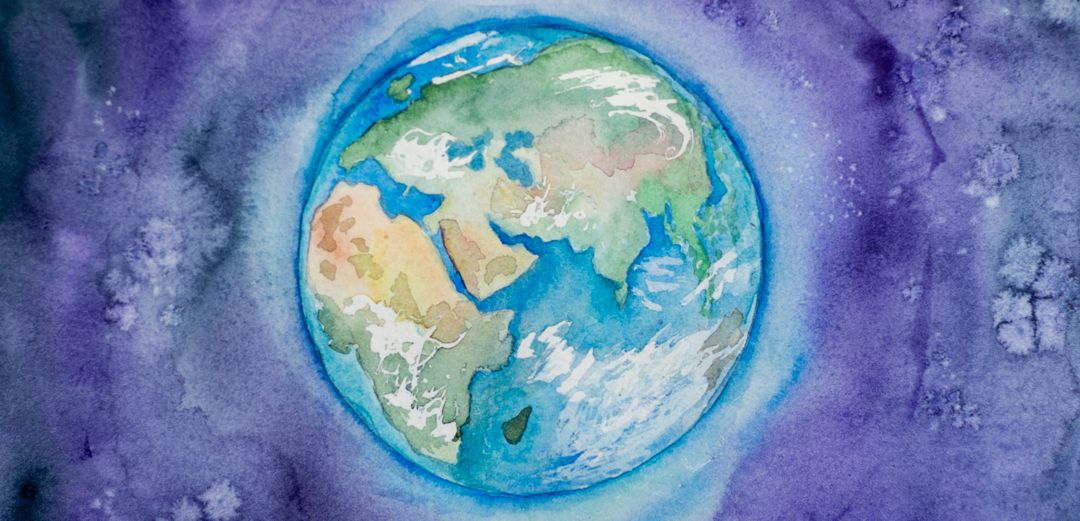
Cause for Celebration
Amidst all of the doom and gloom when it comes to the never-ending attacks on environmental protections in our country, there was really great news announced on May 1st which was cause for celebration for us planet preservers! A federal judge cancelled nearly 300 oil and gas leases in the state of Montana. You might want to re-read that last sentence and savor the moment. This is epic and joyful and a huge victory for all us – for the two people and the two environmental groups who filed the lawsuit, for all of the living creatures who inhabit the land that is now going to stay protected, for the Upper Missouri River Breaks National Monument, the land parcels near the Beartooth Mountains, the town of Livingston in the south and all along the Tongue River Valley in the southeast part of the state and most importantly, it was a HUGE victory for the place we call home – Planet Earth.
The Back Story: Impact of Drilling on Natural Resources
One of the most compelling, upsetting, eye-opening podcasts we have ever produced was with a woman named Wenonah Hauter, the founder and Executive Director of Food and Water Watch. Wenonah was on mission to talk about one thing and one thing only: fracking.
Fracking is the process of injecting liquid at high pressure into subterranean rocks, boreholes, etc. so as to force open existing fissures and extract oil or gas. Fracking damages the environment, threatens public health, and effects communities in ways that can impose a multitude of costs: drinking water contamination, the potential for spills, blowouts and well failures that contaminate groundwater supplies. Fracking also negatively impacts air quality. One of the main pollutants released in the fracking process is methane, a major greenhouse gas which has 84 times the warming potential of carbon dioxide. Fracking also effects water supply and quality. It uses billions of gallons of water each year. This consumption reduces the amount of fresh water available to nearby residents, particularly in areas where water availability is low. When water is not available to fracking sites locally, it may be transported from other regions, ultimately drawing down available water from lakes and rivers across the country. Another major concern is water contamination and there is risk (and research reports proving) that chemicals used in the fracking process might leak into water supplies. As if that’s not enough, fracking can have long-term effects on the soil and surrounding vegetation. The high salinity of wastewater spills can reduce the soil’s ability to support plant life. And the real bottom line? Renewable energy can supply us with all the power we need forever all while protecting our environment, not depleting water supplies, not compromising our air or water quality nor harming people or animals in surrounding areas.
Hauter described, in excruciating detail, the impact of fracking on the earth. It was an impactful, informative podcast that put a spotlight on the devastating impacts of fracking, resulting in this subject matter remaining on our platform today.
What the Judge Had to Say
In the May 2020 article by Matt Volz, Judge cancels hundreds of oil, gas leases in Montana, the cause for celebration is not only how the Judge ruled but why. U.S. District Judge Brian Morris ruled to cancel the leases because the government failed to properly study the risks of all that drilling to the environment and water supply. The U. S. Bureau of Land Management (BLM) sold close to 300 leases concluding that drilling would carry minimal risk to the areas’ natural resources. Say what? They must not have had access to the volumes of research done on the impact of wastewater disposal in Oklahoma. Wastewater disposal is a separate process in which fluid waste from oil and gas production is injected deep underground, ostensibly far below ground water and drinking water aquifers. And from this “I’m not a scientist but I know quite a bit about the impact of drilling” environmentalist, it’s not rocket science that oil and gas drilling practices would not protect sources of drinking water in these Montana communities.
Does it seem to you that the BLM smells like a kettle of fish? The agency did not address the lease’s effects on the release of greenhouse gases, air and water quality, vegetation, and climate change nor the safety of the surrounding communities. To end with just a bit of humor, here is a quote from Judge Morris that sums the ruling up quite nicely: “The Court does not fault BLM for providing a faulty analysis of cumulative impacts or impacts to groundwater, it largely faults BLM for failing to provide any analysis.”
There will be appeals and the judge did rule that more impact studies have to be conducted, and the ruling could be overturned. But for now, for this moment in time, let’s choose to celebrate and savor the moment.
 From about the age of five, Gina has been on the path of being a disruptor for good. A dreamer at heart, Gina is madly and passionately in love with this great planet of ours and is tireless in her efforts to preserve it.
From about the age of five, Gina has been on the path of being a disruptor for good. A dreamer at heart, Gina is madly and passionately in love with this great planet of ours and is tireless in her efforts to preserve it.